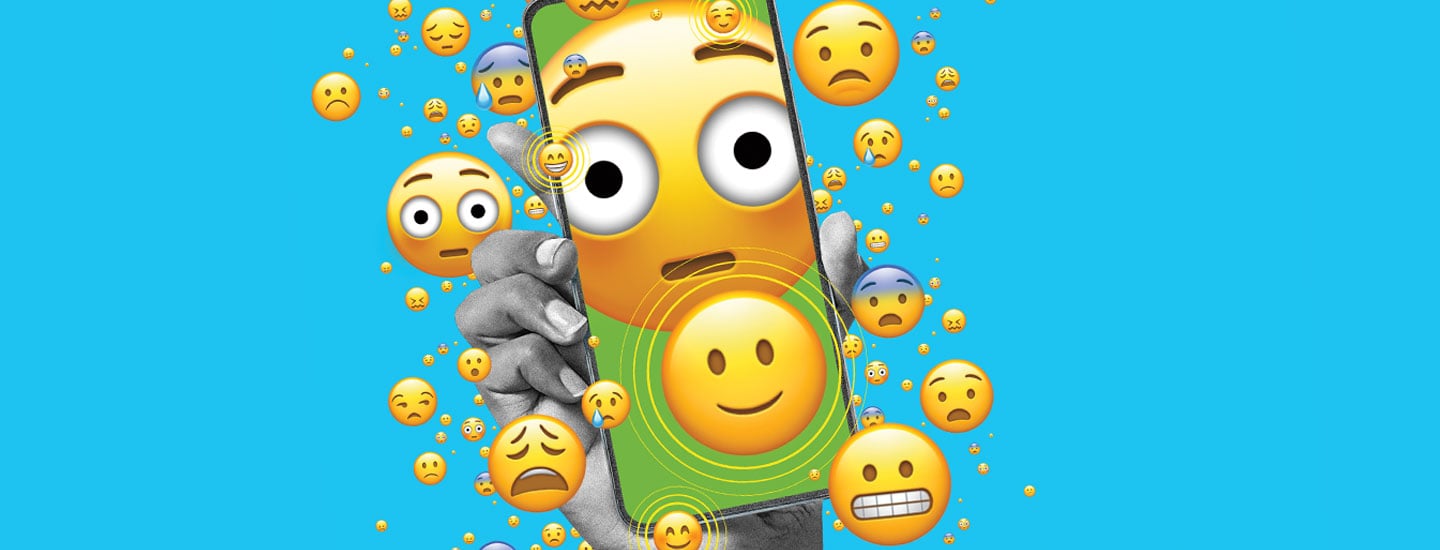You’re scrolling through TikTok and pause to comment on a friend’s funny dance video. Then you switch over to Instagram to check on the adorable picture of your dog that you posted a few minutes ago. It’s gotten dozens of likes! You’re feeling pretty good . . . until you notice posts from a party you weren’t invited to, followed by a video of an influencer showing off designer clothes way out of your price range. Suddenly, you feel terrible—but you just can’t seem to put down your phone!
Social media apps were designed to help users connect. People can socialize with friends or find communities with shared interests. The apps can also be used for self-expression and to learn about different topics, opinions, and perspectives. But constantly checking updates, comparing your life with others, and encountering negative or harmful content can leave people feeling overwhelmed, insecure, and unhappy.
You scroll through TikTok and stop to comment on a friend’s funny dance video. Then you switch over to Instagram to check on that cute picture of your dog. You posted it just a few minutes ago. It has dozens of likes! You’re feeling pretty good. Then you notice posts from a party. You weren’t invited. Next you see a video of an influencer showing off designer clothes. They’re way out of your price range. Now you feel terrible. But you can’t seem to put your phone down!
Social media apps can help users connect. People socialize with friends or find communities with shared interests. They can use the apps for self-expression. And they can learn about different topics, opinions, and views. But people may also constantly check updates, compare their life with others, and see negative or harmful content. That can make them feel overwhelmed, insecure, and unhappy.

